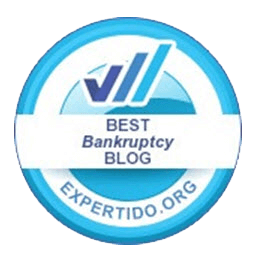Creditors, usually through debt collection agencies, are allowed to contact debtors to collect the money they are owed. They cannot employ threatening or deceptive tactics to do so. They cannot also call you whenever or wherever you are. While it is their right to recover the money you owe them, creditors and debt collection agencies must do so within the confines of the law. Here’s how you can stop creditors from calling you and help you pay off your debts.
How to Stop Your Debt Collectors From Calling You
You can send the debt collector a cease and desist letter to stop them from calling or contacting you. Under the Fair Debt Collection Practices Act (FDCPA), a collector must stop contacting you when you send this written request. They can, however, contact you to inform you that they’re stopping communications, or they will or might sue you or turn to another legal remedy to get you to pay them.
The FDCPA is a federal law that sets restrictions on how collectors must communicate with debtors. The law, among others, restricts when and how collectors can contact a debtor to talk about their debt. Specifically, collectors can only:
- Call you seven times within one week or seven days after speaking to you on the phone about your debt
- Contact you after 8 in the morning or before 9 in the evening unless you say they can call you within these hours
- Contact you while you’re at work if you say that you are allowed to answer calls at work
- Contact you through text messages or email unless you tell them they can
- Send you private messages on social media if you tell them they can
However, the FDCPA restrictions and requirements generally apply to debt collectors and not creditors, except under certain circumstances.
Should You Stop a Creditor From Calling You?
Telling a debt collector or creditor to stop calling or contacting you will not make your debt disappear. They can take legal steps against you, such as suing you, to recover the money you owe them. Since the creditor cannot collect directly from you, they might think that their only option is to file a lawsuit against you.
On the other hand, if you are planning to file for bankruptcy, which is the best way to help you pay off your debts, telling your creditor to stop calling you may be ideal because they may increase their collection efforts once they know that you are filing for bankruptcy. The reason for this is that the automatic stay will go into effect once you file for bankruptcy, which will also stop most calls.
Aside from helping you pay off your debts, when you file for bankruptcy, you can refer all communications with creditors and debt collectors to your South Carolina bankruptcy attorney.
Speak to an Experienced South Carolina Bankruptcy Attorney
To learn how to effectively deal with creditors and explore your bankruptcy options, reach out to the South Carolina bankruptcy attorney at Reed Law Firm for legal advice. Arrange your free case evaluation with our South Carolina bankruptcy attorney by reaching us online or dialing 803-726-4888.


